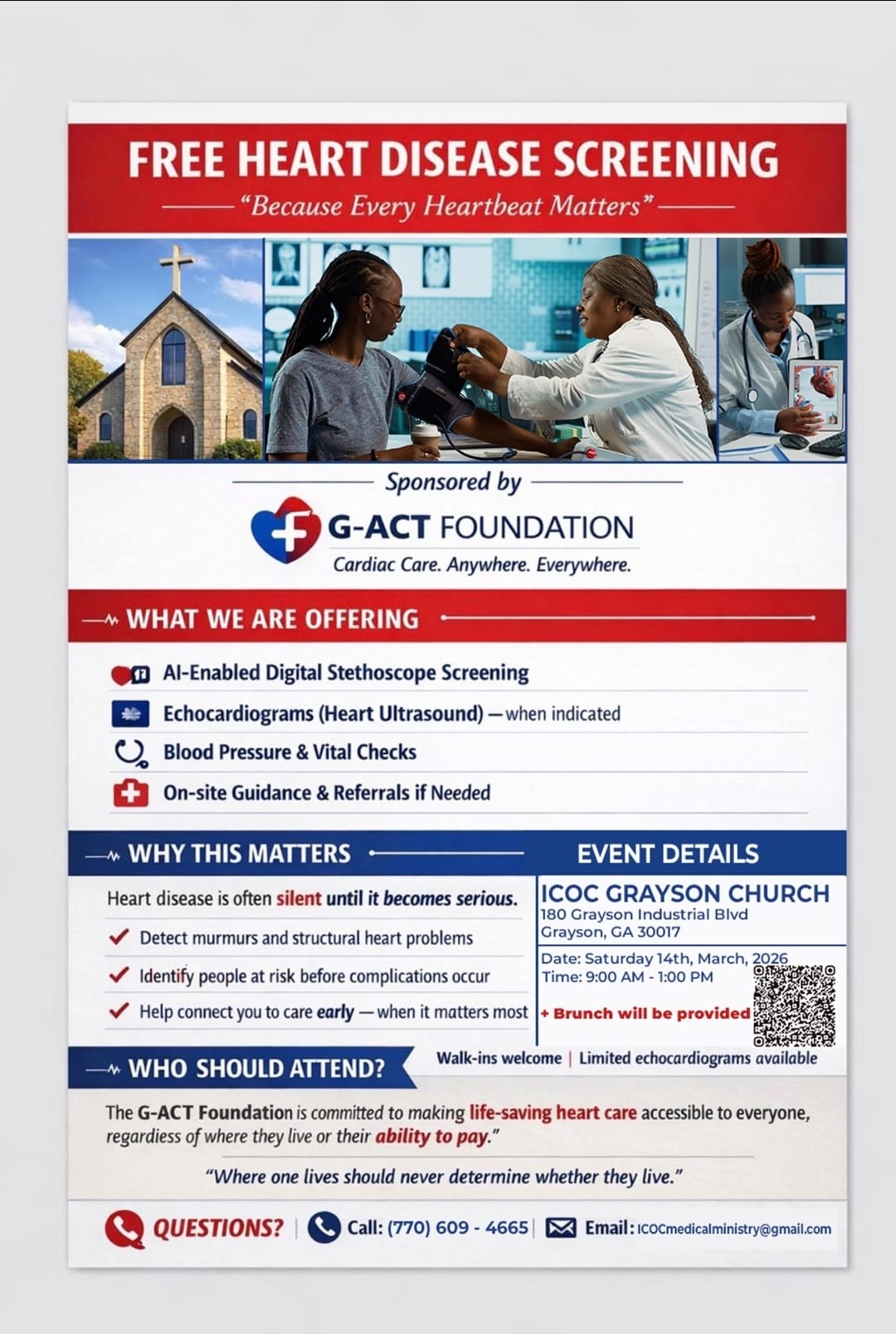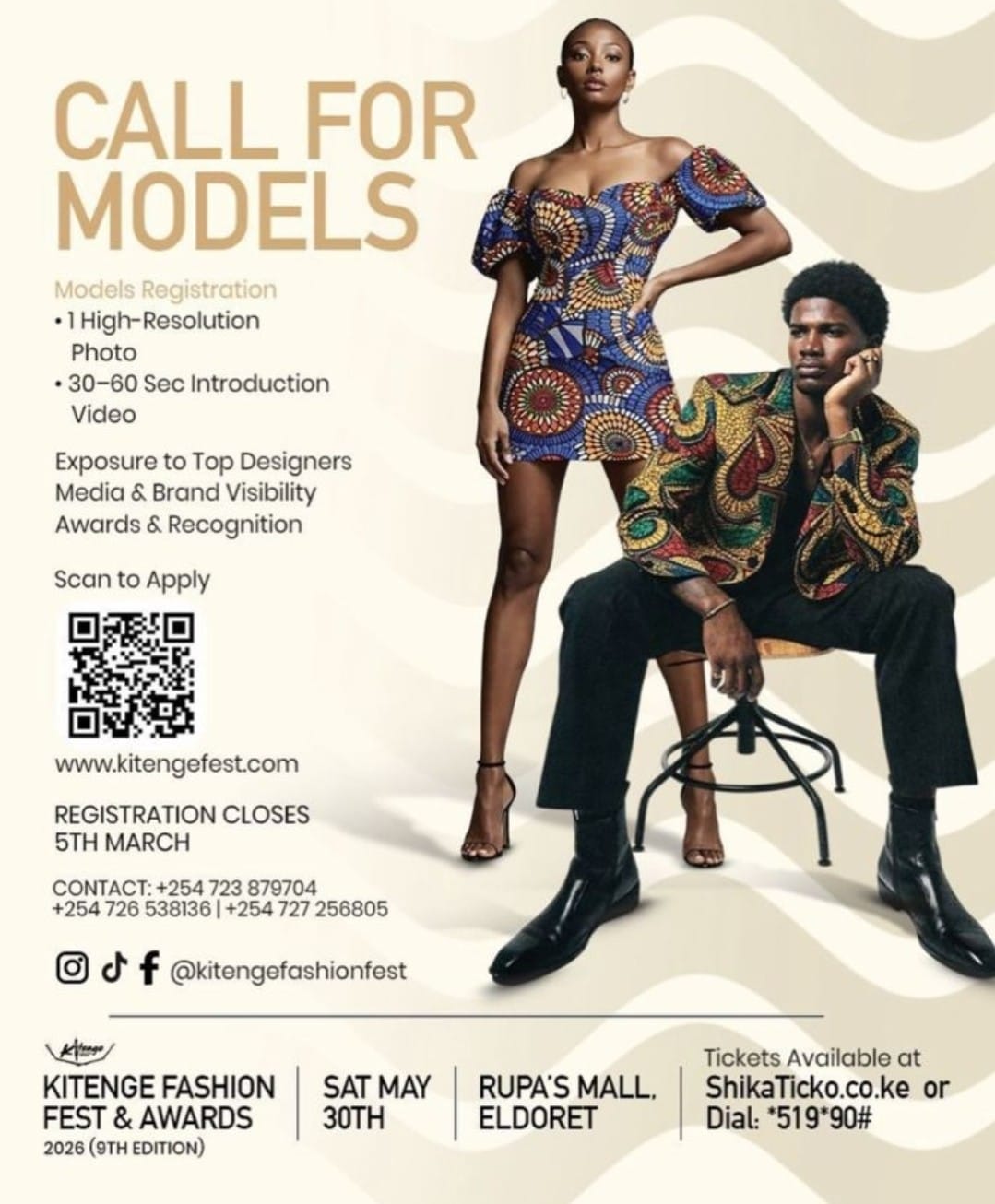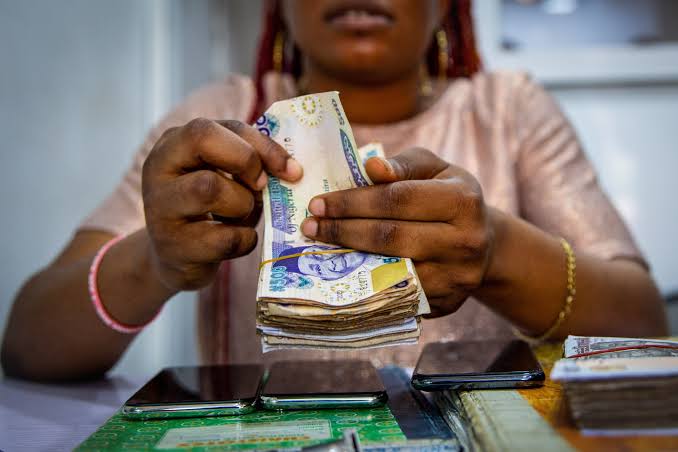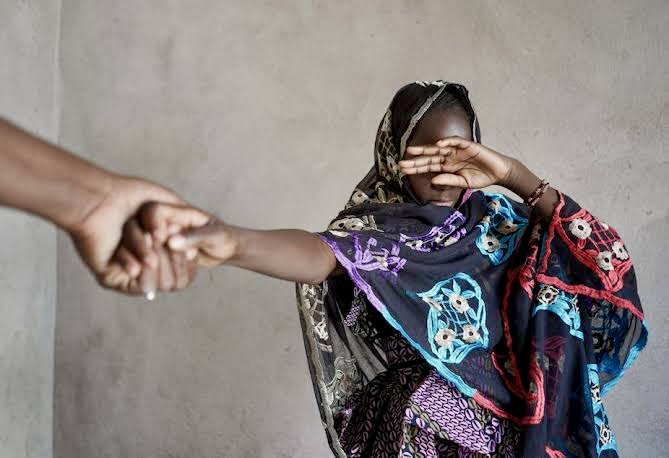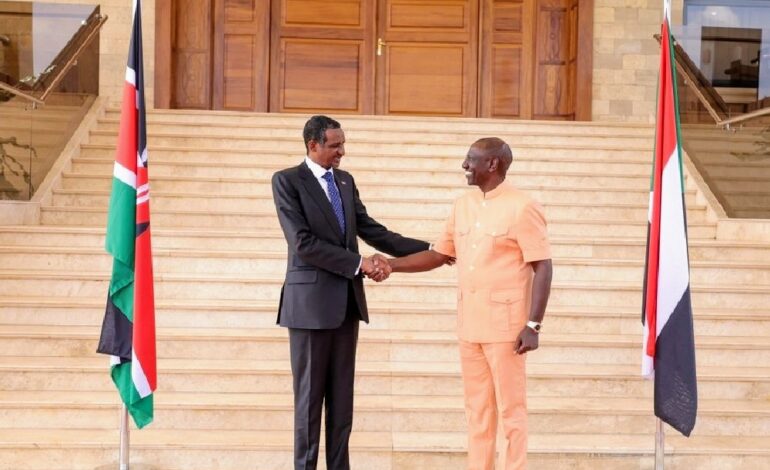
Faith Nyasuguta
Sudan has taken a significant diplomatic step by recalling its ambassador from Nairobi, expressing strong protest over Kenyan President William Ruto’s hosting of talks with paramilitary commander Mohamed Hamdan Daglo (Hemedti).
The move reveals the intensification of tensions between the two African nations amid the ongoing conflict in Sudan.
Daglo leads the Rapid Support Forces (RSF), a paramilitary group that has been in a protracted war with Sudan’s regular army led by Abdel Fattah al-Burhan since April.
Daglo’s diplomatic tour, the first of its kind since the conflict erupted, has seen him visit several African capitals, including Uganda, Ethiopia, Djibouti, and Kenya.
Currently in South Africa, Daglo’s engagements have heightened concerns within Burhan’s administration, which has been losing ground to the paramilitaries.
The official announcement of Sudan recalling its ambassador came from the acting foreign minister, Ali al-Sadiq. In a statement carried by the official SUNA news agency, al-Sadiq explained that the ambassador’s recall was a direct response to the Kenyan government’s official reception for Daglo, whom he referred to as the leader of the rebel militia.
Al-Sadiq stated that the consultations that follow the recall would encompass exploring all potential outcomes for Sudan’s relations with Kenya.
Ties between al-Burhan’s administration and the Kenyan government have been strained for several months, primarily due to Nairobi’s efforts to keep communication lines open with Daglo, possibly to mediate in the Sudanese conflict.

The decision to recall the ambassador represents a diplomatic escalation in response to what Sudan perceives as Kenyan support for the paramilitary leader.
The leader of the Rapid Support Forces has been a central figure in Sudan’s conflict. His forces have engaged in talks with civilian political movements, a significant development in the search for peace.
Notably, Daglo’s meeting with leaders of the Civilian Democratic Forces Committee (Taqaddum) on New Year’s Eve in Ethiopia signaled an attempt to bridge gaps with groups previously at odds with the RSF.
Abdallah Hamdok, the former Prime Minister and leader of the Civil Front for Democracy, was among those in the Committee group that had pushed for immediate civilian-led governance.
Hamdok, ousted in 2021, met with Daglo, indicating potential diplomatic maneuvers to build alliances with groups opposing both the RSF and the Sudan Armed Forces.
This diplomatic initiative has occurred amid allegations of atrocities committed by both the RSF and the Sudan Armed Forces, leading to international condemnation. The United States State Department, in December, reported evidence of crimes against humanity and war crimes in the nine-month war.
In response to Daglo’s diplomatic engagements, al-Burhan’s administration expressed discontent, with the army chief warning African governments hosting visits by “these killers” that they were “making themselves a partner in the murder of the Sudanese people.”
The conflict, spanning nine months, has resulted in a humanitarian crisis, with over 12,190 deaths and more than seven million people displaced, according to estimates.
Despite ongoing mediation efforts, relations between rival generals remain deeply strained. While Burhan’s administration continues to assert its authority through statements, Daglo’s RSF controls significant territories, including the capital Khartoum, Darfur, and much of the central state of Al-Jazira.
The dynamics of the conflict, marked by profound animosity, pose substantial challenges to diplomatic initiatives and efforts to alleviate the escalating humanitarian crisis in Sudan.
RELATED:


